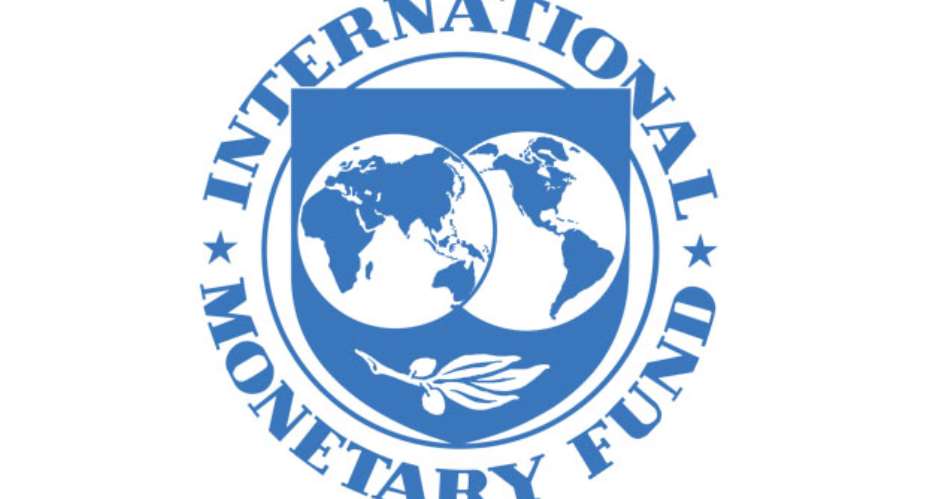The IMF has indicated it stands ready to mobilize a trillion dollars lending capacity to help its membership fight the Coronavirus (Covid-19) pandemic and its widespread human, economic and financial costs.
This forms part of its policy steps to address the pandemic which has hit a lot of countries lately.
According to the IMF, “Many members are now at risk and need support because of weak health systems, limited policy space and exposure to the large terms of trade shocks and financial spillovers seen in recent days. The IMF is also in close contact and coordinating country support with the World Bank and other international financial institutions.”
It therefore advised central banks to support demand and confidence by preventing a tightening of financial conditions, lowering borrowing costs for households and firms and ensuring market liquidity.
It also encouraged fiscal policy to step up to provide sizable support to the most affected people and firms including hard-to-reach informal sectors.
“Regulatory and supervisory responses must aim to preserve financial stability and banking system soundness while sustaining economic activity. Significant steps have been taken in recent days, going in the right direction, but more needs to be done.
“As the virus spreads across the globe, decisive and coordinated action is key to providing stability to global economy and financial markets, boosting confidence and preventing deep and prolonged economic effects. We must also help poorer and the most vulnerable countries by providing equipment and financing to prevent and treat infections. The IMF stands ready to support its membership through financial support for the countries hardest hit,” the bank noted.
The IMF continued to ask central banks to provide liquidity to support market functioning and ease stresses in key funding markets, through open market operations, expanded term lending and other measures such as outright purchases and repo facilities, adding that monetary easing will support demand and confidence while reducing borrowing costs for households and firms.
“In addition to rate cuts (where there is policy space), stimulus can be provided through forward guidance about the expected path of monetary policy and expansion of asset purchases (including risky assets). Temporary targeted measures will support sectors that have been hit hardest. To complement generalized policy measures, more targeted support for certain asset classes should be considered. Coordinated action by G7 central banks can provide stability to the global economy and financial markets.
“This includes coordinated monetary easing and swap lines to lessen global financial market stresses and liquidity pressures, including swap lines to emerging market economies. Monetary policy in emerging and developing economies (EMDE) will need to balance cushioning growth with tackling external pressures including commodity price shocks and capital flow reversals. Monetary easing by the G7 will offer room for EMDE central banks to do the same to support domestic demand,” it added.
Furthermore, it advised, “Governments should provide sizable support for affected people and firms. Wage subsidies for businesses affected by shutdowns could help prevent cascading bankruptcies and massive layoffs that would have lasting effects for future recovery and negative impact on aggregate demand. Cash transfers to low-income households can support consumption and preserve minimum living standards.”
---citinewsroom





 We’ll protect state wealth from opaque deals – Prof Jane Naana
We’ll protect state wealth from opaque deals – Prof Jane Naana
 Mauritania president says running for second term in June polls
Mauritania president says running for second term in June polls
 I won't ever say I was a mere driver’s mate' — Prof. Opoku-Agyemang
I won't ever say I was a mere driver’s mate' — Prof. Opoku-Agyemang
 2024 polls: 'EC struggling to defend credibility'— Prof. Opoku-Agyemang
2024 polls: 'EC struggling to defend credibility'— Prof. Opoku-Agyemang
 Akufo-Addo gov't's 'greed, unbridled arrogance, unrestrained impunity, sheer dis...
Akufo-Addo gov't's 'greed, unbridled arrogance, unrestrained impunity, sheer dis...
 Election 2024: Ghana needs an urgent reset, a leadership that is inspiring – Ma...
Election 2024: Ghana needs an urgent reset, a leadership that is inspiring – Ma...
 Partner NDC to rollout a future of limitless prospects – Prof Jane Naana Opoku-A...
Partner NDC to rollout a future of limitless prospects – Prof Jane Naana Opoku-A...
 NPP will remain in gov’t till Jesus comes — Diana Asamoah
NPP will remain in gov’t till Jesus comes — Diana Asamoah
 Sunyani Technical University demands apology from former SRC president over sex-...
Sunyani Technical University demands apology from former SRC president over sex-...
 'Dumsor' was resolved by Mahama but ‘incompetent' Akufo-Addo has destroyed the g...
'Dumsor' was resolved by Mahama but ‘incompetent' Akufo-Addo has destroyed the g...
